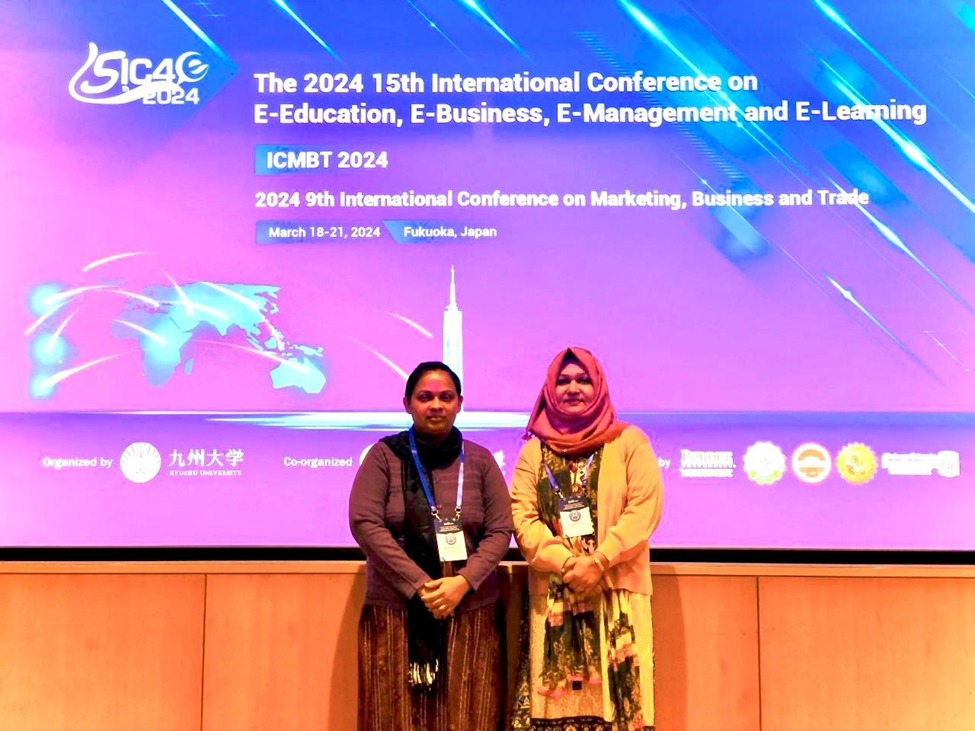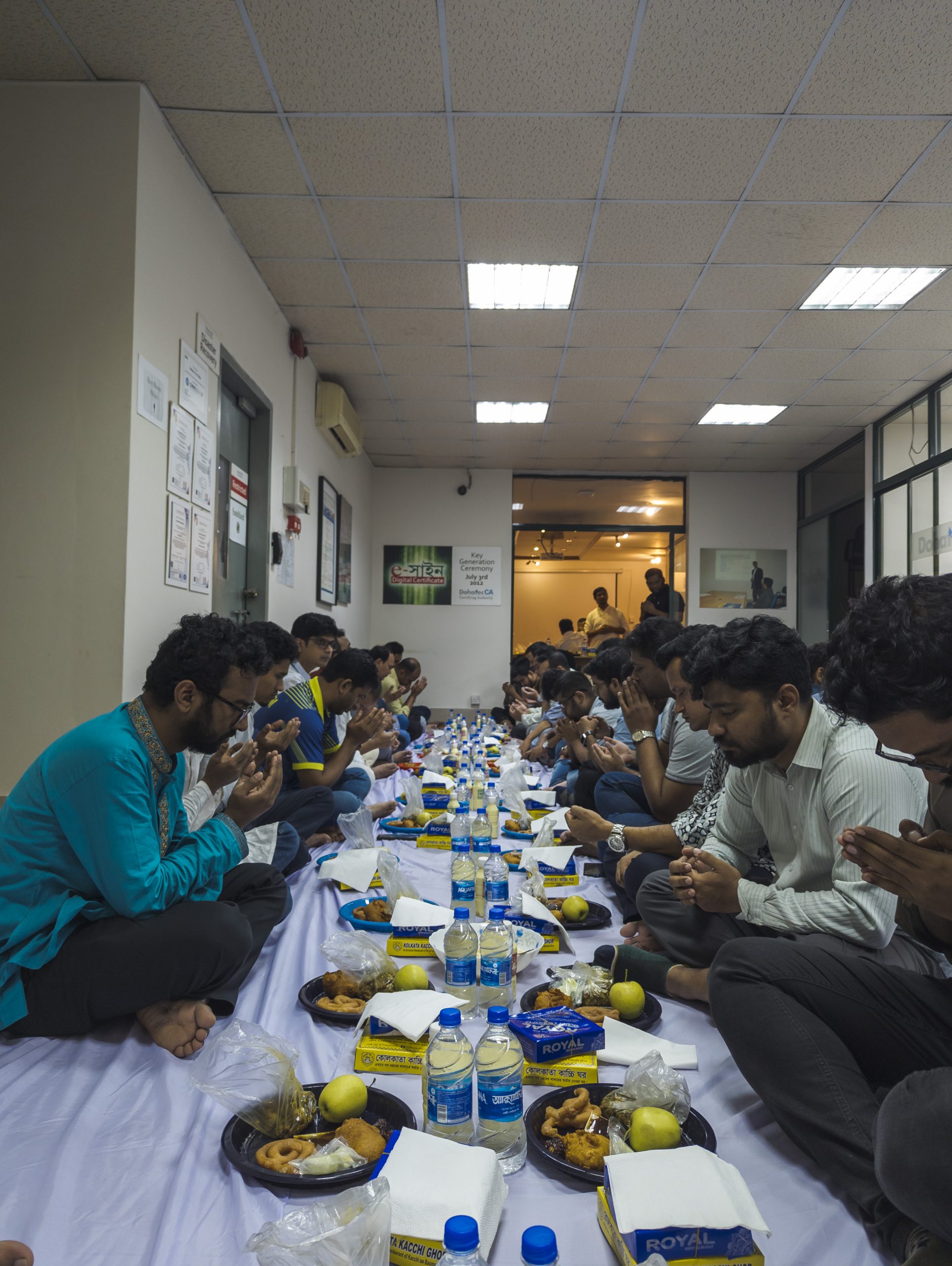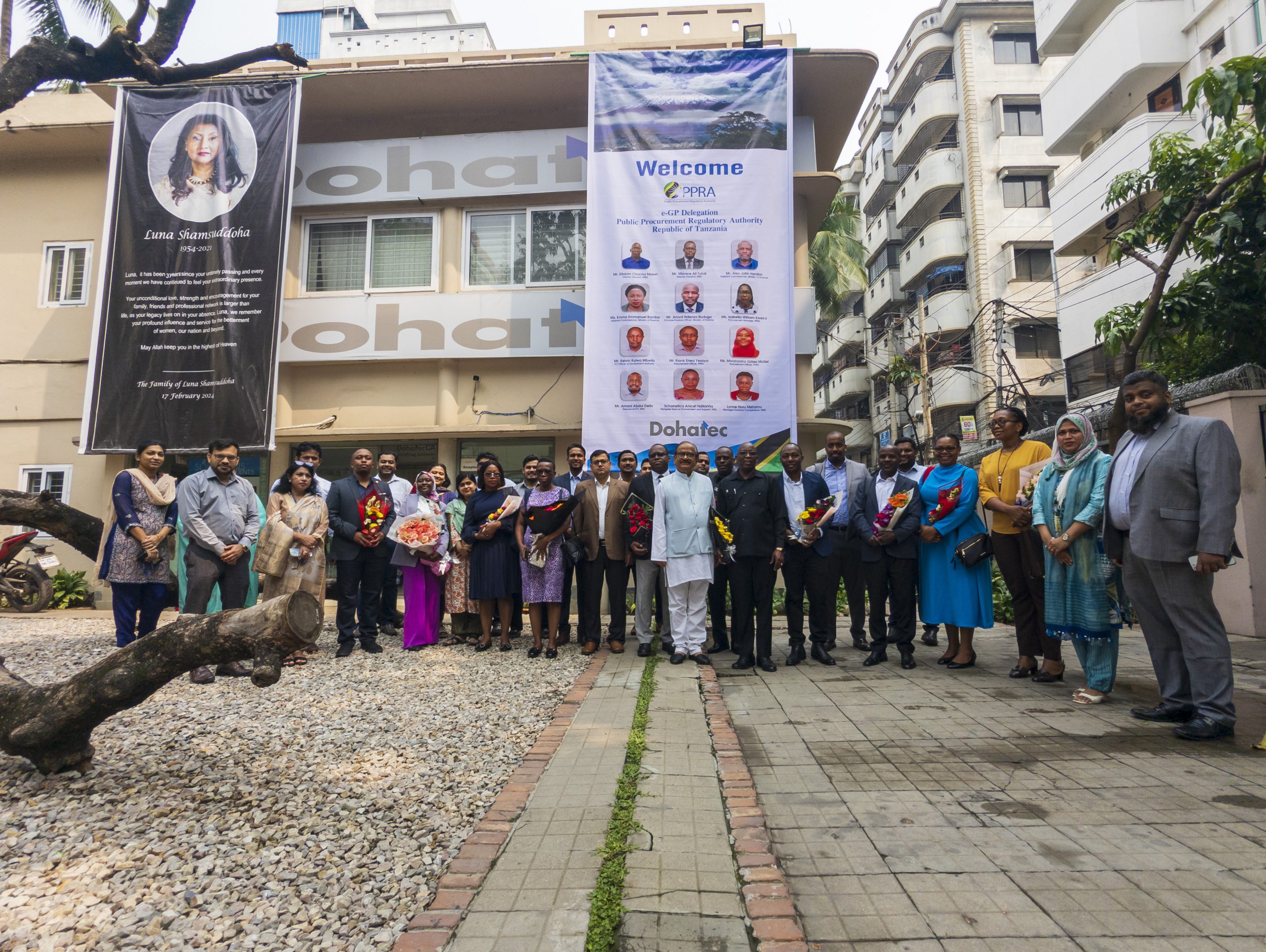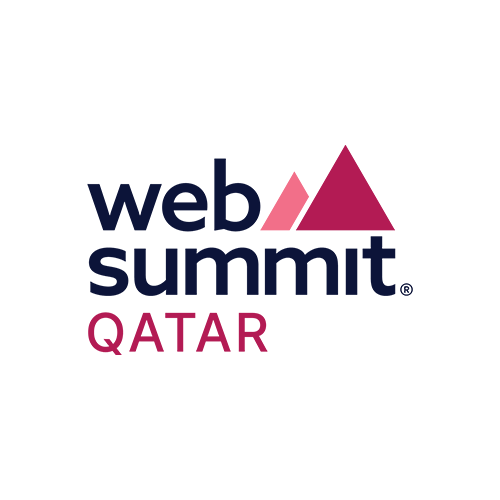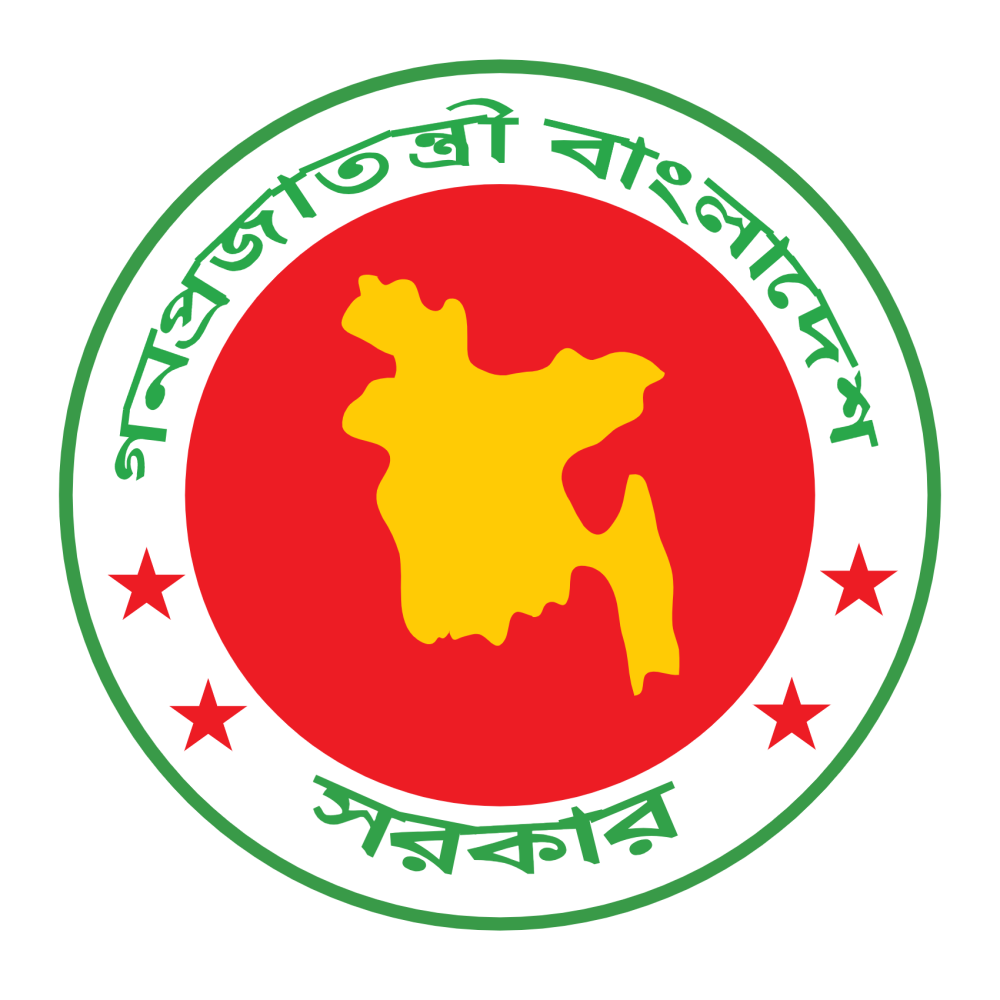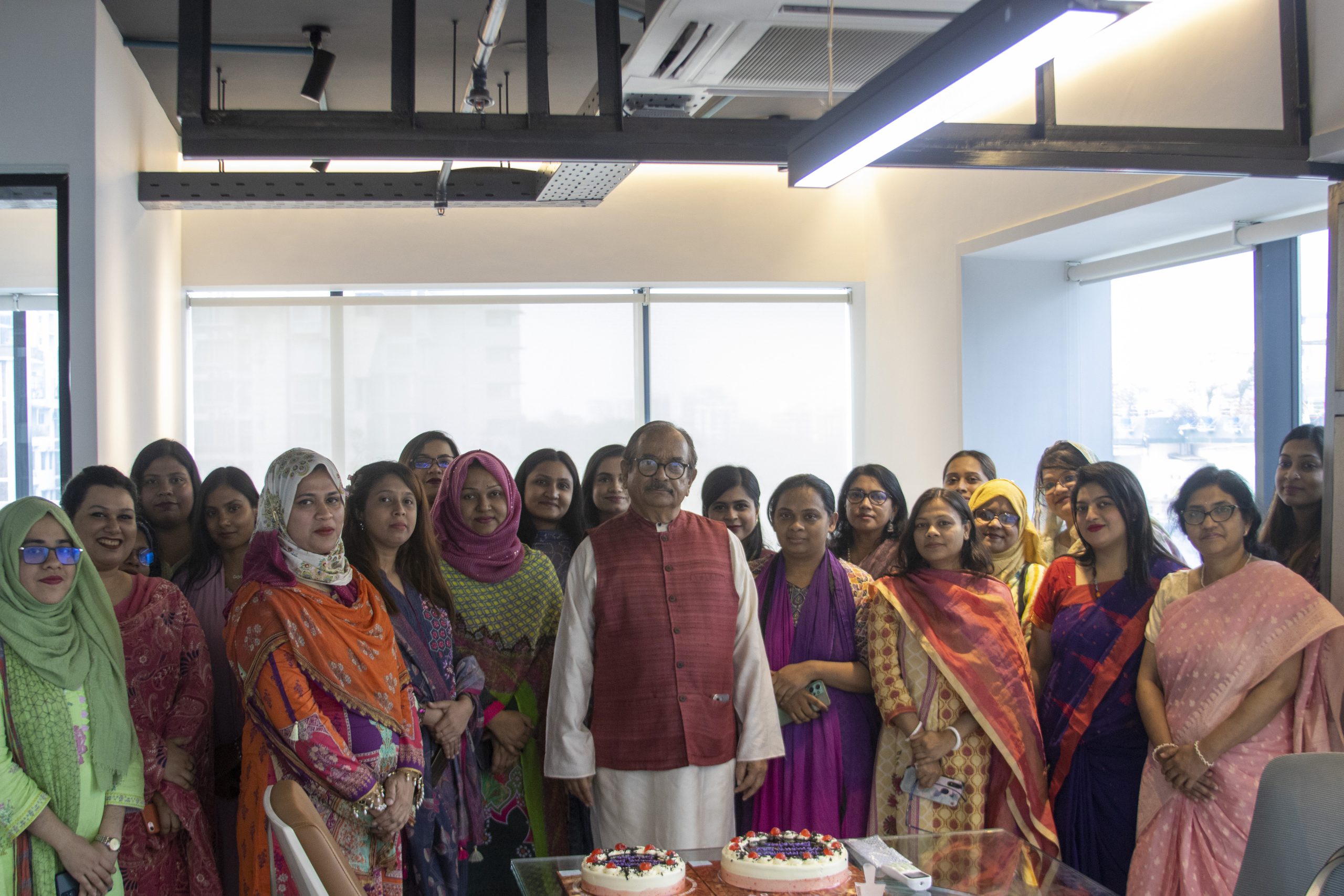The rise of deepfakes, AI-manipulated media such as images or videos that look incredibly realistic, is becoming a significant threat to online trust. These videos can be used for harmful purposes, such as causing political instability, financial fraud, or ruining someone’s reputation.
To combat this threat, a multi-pronged approach is necessary. Advancements in AI can help develop detection tools that can identify subtle inconsistencies in manipulated videos. However, deepfake creators continually refine their techniques, so it’s essential to keep adapting.
Public awareness is equally vital in combating deepfakes. Educating people on critically evaluating media can empower them to distinguish between factual and fabricated content. Collaboration with social media platforms and developing robust legal frameworks are also crucial.
The future of deepfakes relies on a delicate balance between fostering innovation and ensuring responsible use. By investing in detection, education, and legal safeguards and working together towards the same goal, we can secure a more trustworthy digital space.
Going Global: Dohatec Employees Present Research Paper on e-GP Effectiveness
Dr. Qazi Mahdia Ghyas and Ms. Taslima Akter, employees of Dohatec New Media, recently presented a research paper titled “Critical Evaluation of Key Performance Indicators (KPI) in Procurement Management Information […]
Dohatec’s Iftar Mahfil: An Evening of Community and Connection
On the 3rd of April 2023, a delightful Iftar Mahfil was held at Dohatec New Media’s headquarters in Paltan in celebration of the holy month of Ramadan. The event was […]
Enhancing Efficiency: ECPS Showing Steady Progress
In the construction industry, obtaining permits on time is essential for project completion and sector growth. To address this need, Bangladesh has implemented the Electronic Construction Permitting System (ECPS), a […]
Hospitality Meets Innovation: Tanzanian e-GP Delegation Learns from Dohatec
Extending the warm Bangladeshi hospitality beyond government institutions, Dohatec New Media welcomed the Tanzanian delegation with open arms. Their visit transformed into a dynamic knowledge exchange, fueled by informative presentations and lively discussions. Dohatec, a leading e-GP solutions provider, showcased its technical expertise, offering insights into the intricacies of successful e-GP systems. The Tanzanian team actively participated, asking pointed questions and enriching themselves with the knowledge offered. A delicious lunch at Dohatec’s Paltan HQ capped off the visit, fostering a collaborative atmosphere that paves the way for potential future partnerships between Tanzania and Bangladesh in the realm of e-GP development.
Dohatec New Media Teams Up with Web Summit Qatar 2024: A Leap Towards Innovative Security and Government Partnerships
In a significant move that marks a new chapter in tech collaborations, Dohatec New Media has joined forces with Web Summit Qatar 2024, one of the world’s premier technology conferences. […]
Enhancing Efficiency: Bangladesh Mandates e-GP for All Government Procurement
Public procurement processes in Bangladesh had concerns regarding inefficiency, and potential vulnerabilities to corruption plagued the system. In response, the Bangladeshi government implemented a groundbreaking initiative – the Electronic Government […]
Dohatec New Media Celebrates Women’s Day
Dohatec New Media held a vibrant International Women’s Day celebration at Gulshan 2 office on March 7th, 2024. Although Women’s Day is globally celebrated on 8th March, the people in […]
Web Summit Qatar Starts: First Days Showcase Innovation and Collaboration
The inaugural Web Summit Qatar dubbed the “largest startup gathering in the Middle East,” has concluded, leaving a lasting impact on the region’s thriving tech scene. Over 15,453 attendees from 118 countries converged to experience a vibrant hub of innovation, showcasing over 1,000 startups in FinTech, healthcare, and sustainability.
The collaboration took centre stage through workshops, panel discussions, and dedicated networking events, allowing startups to connect with potential collaborators, mentors, and investors for regional and global growth. With 401 investors present, the event provided a platform for seeking investment in one of the world’s fastest-growing markets.
Big names like Microsoft, Snap, TikTok, and Meta joined government officials and community partners for knowledge sharing, sparking cross-border partnerships and paving the way for future collaboration.
Web Summit Qatar has set new standards for tech conferences. By bringing together diverse stakeholders, the event has shaped the future of technology not only regionally but globally. Its lasting legacy lies in amplifying regional voices, fostering international networking, and propelling a future built on collaboration, innovation, and progress.
Beyond the event, Qatar announced a US$1 billion investment in international and regional VC funds, further solidifying its commitment to fostering innovation and positioning the region as a prominent player in the global tech landscape. The success of Web Summit Qatar 2024 underscores the burgeoning potential of the Middle East to become a global hub for innovation.
From Red Tape to High Tech: ECPS Marks 5,000th Submissions in Dhaka
Dhaka’s construction industry has seen a significant transformation with the Electronic Construction Permitting System (ECPS), which has processed over 5,000 project submissions. The online platform has replaced the traditional paper-based process, leading to greater efficiency, transparency, and accessibility. The introduction of ECPS has resulted in faster permit approvals, minimized errors, and increased trust between government agencies and the construction industry. The system has witnessed exponential growth and is poised for further development, including the use of mobile applications and innovative features like project visualization using mapping software. The ECPS team is committed to leveraging technology to revolutionize the construction permitting process and empower the industry to achieve its full potential.

